Are you obsessed with beautiful teeth?

Maybe you're meant to be a dental hygienist.
When I was a teenager, I was borderline obsessive about my smile. I admired the beautiful teeth of others and loved going to the dentist. If this is you and you're trying to decide on a career, you may want to become a dental hygienist.
Why study dental hygiene?
Dental hygienists play an essential role in their patient's oral health by removing plaque and tartar, examining for oral diseases such as gum disease, and offering personalized oral hygiene instruction.
Because there is a direct connection between our mouths and our overall health, as a hygienist, you'll join a medical field capable of educating patients about more than just their oral health. You may even be able to save a life.

How is that possible?
According to The Oral Cancer Foundation, "close to 58,500 Americans will be diagnosed with oral oropharyngeal cancer this year." As a trained dental hygienist, you'll be able to find early-stage oral cancer, potentially saving a life.
Other reasons to study dental hygiene:
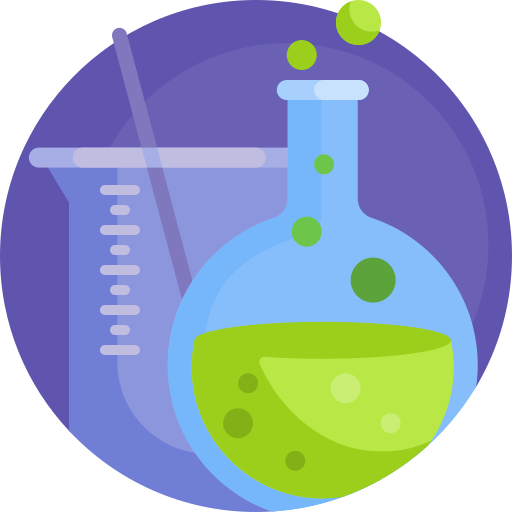
Love for science

High paying salary

Ability to help others
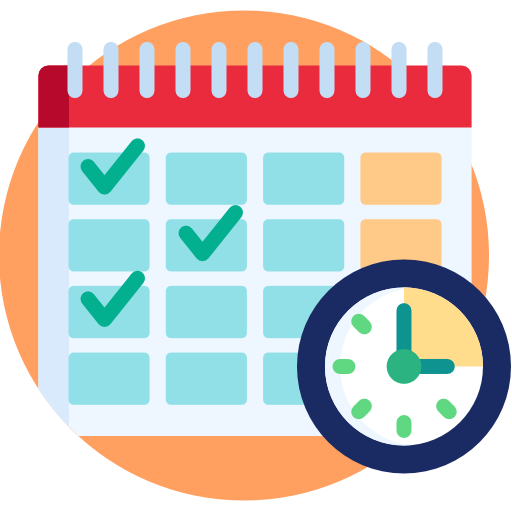
Flexible schedules
Did you know?
What will you learn from a dental hygiene program?
There’s more to dental hygiene than just cleaning teeth.
Most areas require a certification or a college degree in dental hygiene in order to become a hygienist. You can expect to focus a lot of your attention on the sciences.

General education courses may include:
Psychology
Communication
Nutrition
Sociology
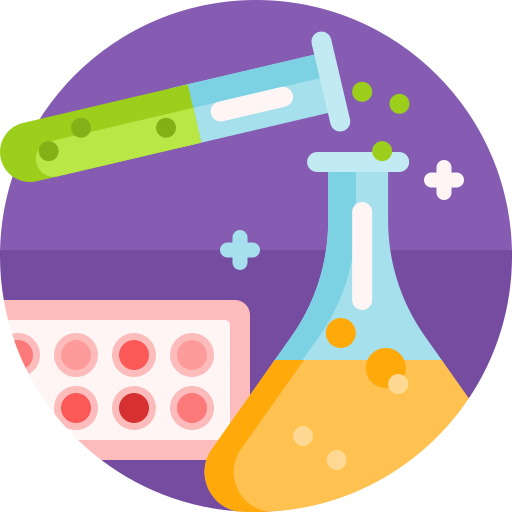
Science courses may include:
Biology
Microbiology
Organic chemistry
Physiology

Dental hygiene courses may include:
Patient management
Oral health education
Community health
Charting
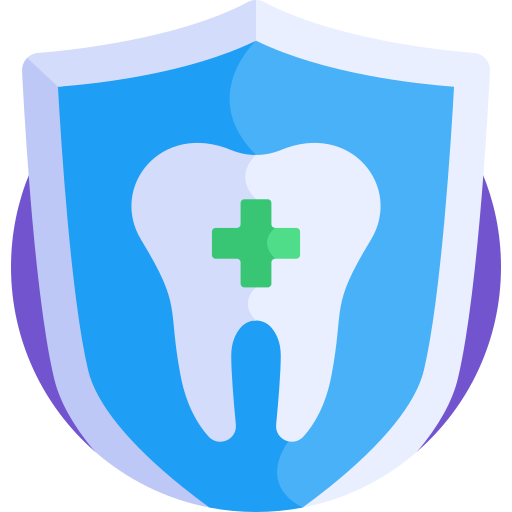
Dental science courses may include:
Head & neck anatomy
Oral pathology
Pharmacology
Radiology
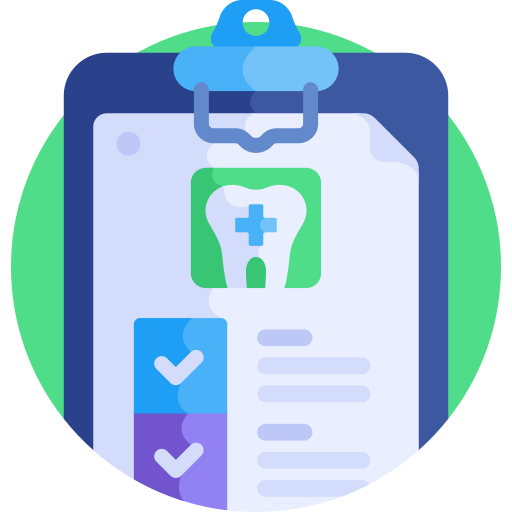
Clinical practice may include:
Oral cancer screenings
Periodontal assessments
Infection control
Instrumentation
Did you know?
Roles of the Dental Hygienist
Your friend asks you why you want to clean teeth, and you explain that you'll do more than that as a dental hygienist. What are other examples of how you will help patients in the dental office?

If I detect many cavities, I will explain to my patient how their eating habits affect their teeth and offer healthy alternatives.

When I discover cavities in my patients' teeth, I place fillings and refer them to the dentist if they need a crown.

I will examine my patient's neck, face, throat, and mouth, checking for abnormal lymph nodes, sores, or discoloration. Sometimes, I will be the first to discover early cancer.

While checking for gum disease, I look for areas of bone loss around teeth. If I find a problem area, I can explain the gum disease to my patient and offer suggestions on how to slow down or stop the disease.
Quiz
Choose all that apply:
Subscribe for more quick bites of learning delivered to your inbox.
Unsubscribe anytime. No spam. 🙂
What career path can you follow?
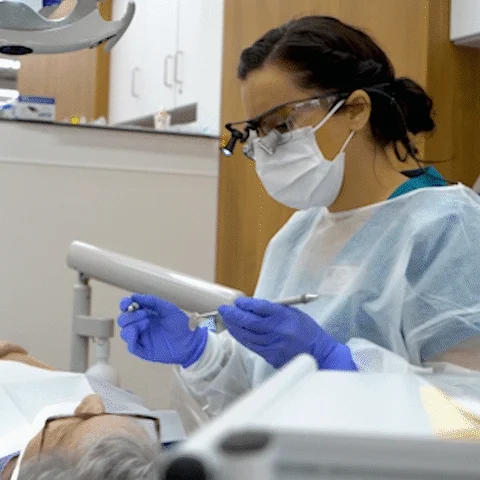
If you think you'd enjoy working directly with patients, then you could become a clinician, working as a hygienist in a dental office, hospital, school, or other community health program. In fact, in some locations, you can even own your own dental hygiene business.
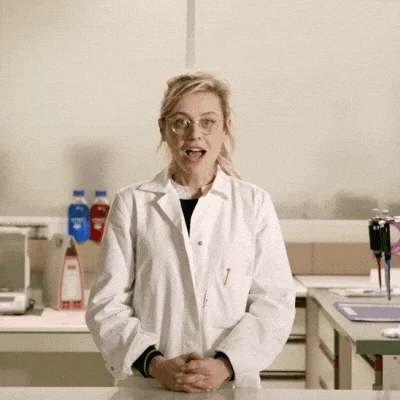
For those who find the science behind dentistry fascinating, hygienists can enter the field of education and research. Hygienists have the opportunity to become instructors, administrators, and even researchers at universities.
Did you know?
How should you prepare for a dental hygiene program?
Earn a high school diploma.
Consider shadowing a dental hygienist. Ask your local dentist if they'd allow you to observe one of the hygienists in the office for a few hours. This will give you the opportunity to see the routine the hygienist follows with each patient and ask questions as they come to you.
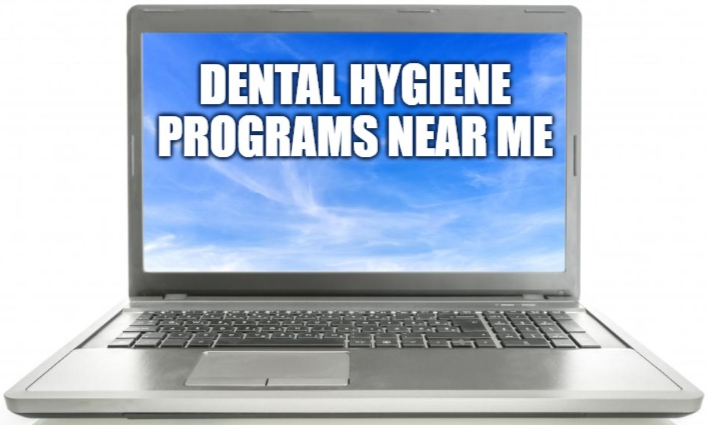
Research accredited dental hygiene programs. Most areas require hygienists to graduate from an accredited program before taking the dental boards for licensure.
Determine if you can afford it. Dental programs can be costly, so you'll need a plan to pay for your education. Scholarships and grants are an option to consider.
Quiz
So, you want to study dental hygiene. Now what? Choose all that apply:
How can you succeed in a dental hygiene program?
Many are surprised by the rigors of dental hygiene programs. To succeed, you must remain committed to your education and keep your eye on the prize.

The keys to success
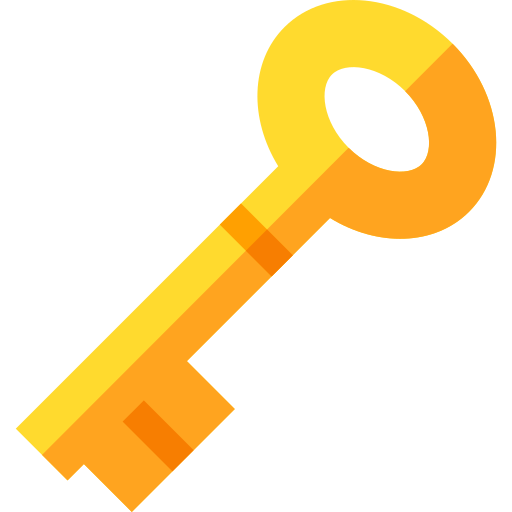
Be organized:
You'll want strong organizational skills from the start. Invest in a planner and block out time for classes, studying, and clinicals.
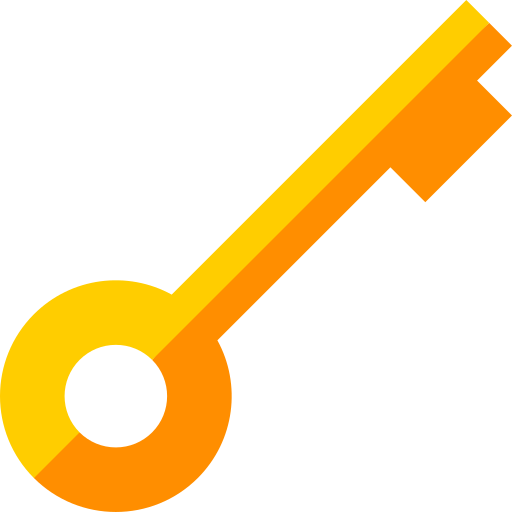
Be teachable:
Keep an open mind. Much of what you'll learn may seem foreign to you at first. Allow yourself to wrap your brain around new concepts and terminology.

Make connections:
Connect with your peers. Participating in small study groups and befriending others in your program will prove invaluable. Knowing others are experiencing the same challenges will help give you the strength to continue.
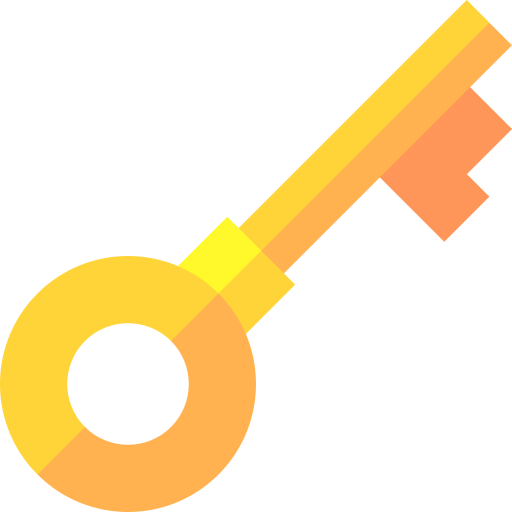
Use your resources:
A smart student takes advantage of the resources offered by their school. Check-in with your professors during their visiting hours, attend study sessions, and take full advantage of whatever is offered.
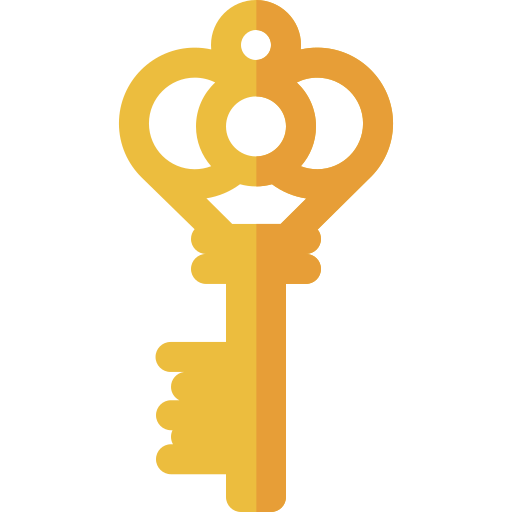
Stay positive:
Stay positive and remind yourself why you chose dental hygiene in the first place. Don't quit because it gets difficult, or you'll never know what it feels like to succeed.
Quiz
Andi is struggling in the dental anatomy class. What can they do to help themself? Choose all that apply:
Take Action

Your feedback matters to us.
This Byte helped me better understand the topic.
